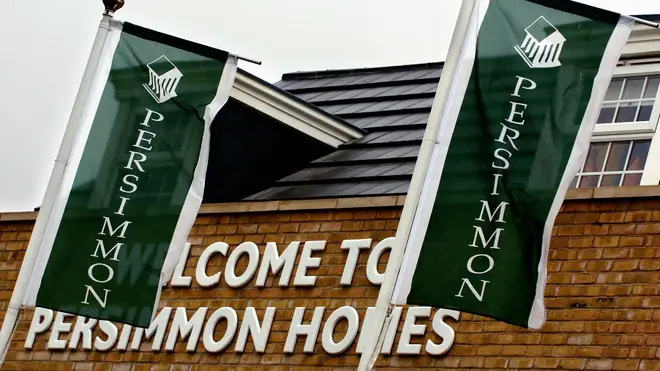
Iain Dale 7pm - 10pm
10 February 2021, 08:04

The housebuilding giant has uncovered 26 buildings it constructed that may need work to remove or address cladding.
Housebuilding giant Persimmon has set aside £75 million to pay for work on potentially unsafe cladding on 26 multi-storey buildings constructed by the group in the past.
The Charles Church owner said it had identified nine high-rise buildings over 18 metres built by the group where cladding may need to be removed, although it no longer owns the sites.
There are also a further 17 buildings less than 18 metres tall that may be fitted with unsafe cladding and need investigating.
Persimmon said it would book the charge in its 2020 results to cover its contribution for work on the buildings, with its full-year figures set to be announced on March 3.
It comes as the Government is expected to announce billions of pounds in funding on Wednesday to help tackle the cladding crisis more than three-and-a-half years after the Grenfell Tower fire, which killed 72 people.
Persimmon said it believes it accounts for less than 1% of all high-rise developments.
“However, in the past we have built multi-storey buildings which met all the fire safety rules and regulations in place at the time, but which used cladding materials which may now be considered unsafe and require removal,” it added.
Roger Devlin, chairman of Persimmon, said: “At Persimmon, we believe we have a clear duty to act to address this issue.
“Where we still own the building, we will act. Where we no longer own them, we will work with the owners to make sure they meet their legal responsibilities and duty.
“If the owner does not step up then we will act to remove uncertainty and anxiety for residents and make the buildings safe.”
Persimmon said it was in the process of writing to building owners and management companies to inform them of the findings of its review and to agree next steps.
It said it wanted to “progress matters as swiftly as possible, minimising uncertainty and concern for residents”.
The Government has been facing growing criticism over how it has handled the cladding crisis, with many people, especially leaseholders, trapped in potentially unsafe homes, which they cannot sell, and being asked to pay for remediation works.
The Grenfell fire in 2017 was sparked by a fault in a fridge-freezer and spread quickly to several floors of the west London tower, with the cladding and insulation cited as the cause for the rapid progression of the blaze.